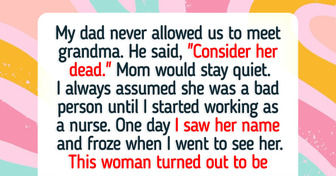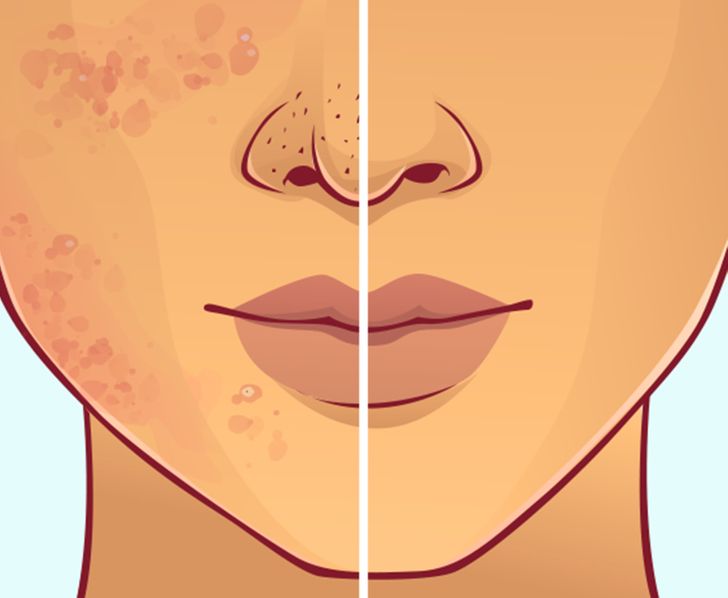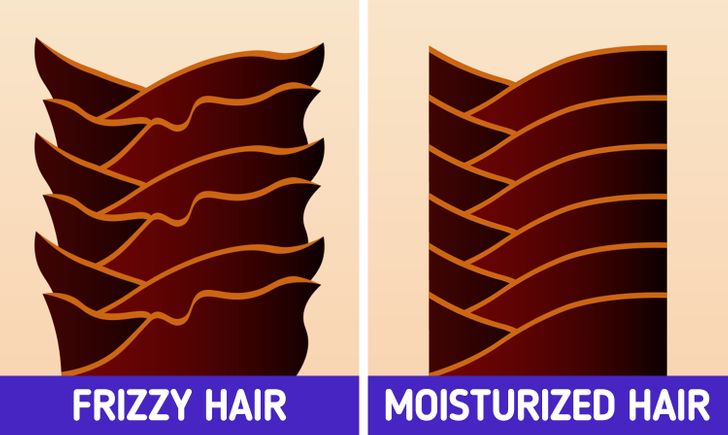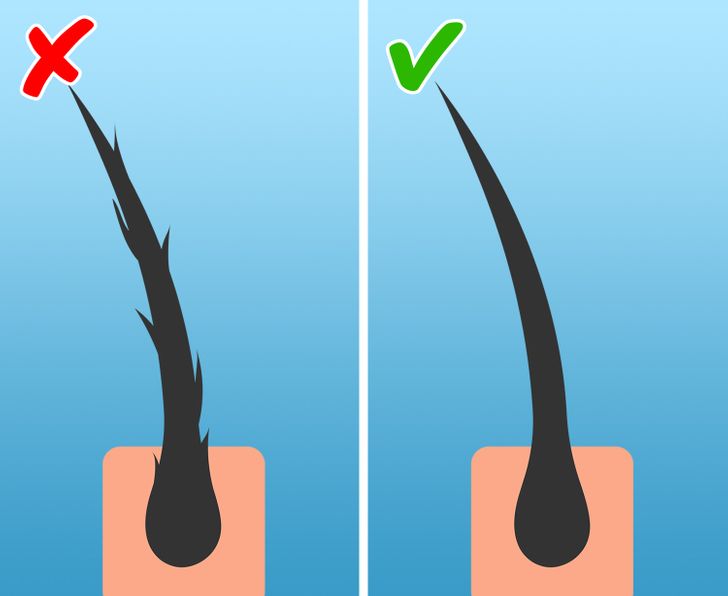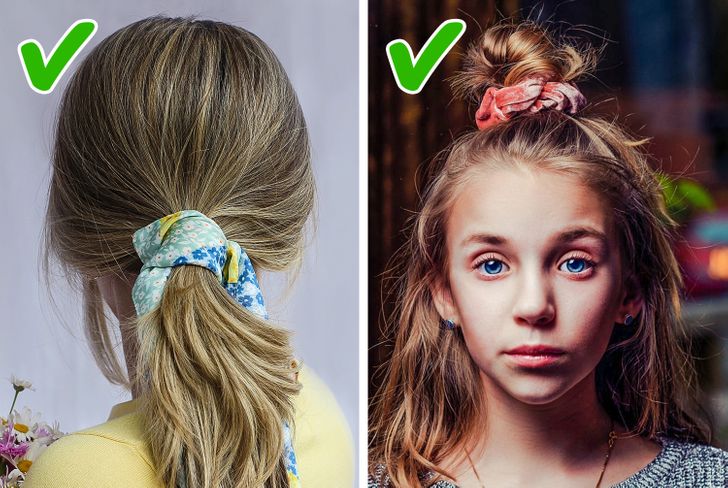my hair is always tangled the next morning, I will try to tie them up tonight and see what happens
Why You Shouldn’t Leave Your Long Hair Loose While Sleeping
Your hair needs beauty sleep just as much as your skin does. And while we invest a lot of time and effort in taking proper care of our skin before going to bed, our hair deserves the same amount of attention. You might not have realized it, but sleeping with your hair down may cause more harm than just a messy bedhead look in the morning.
We at Bright Side decided to take a closer look at how sleeping with loose hair might affect your strands. And we collected some hacks for you to check out in the bonus section.
1. You might wake up with tangled hair.
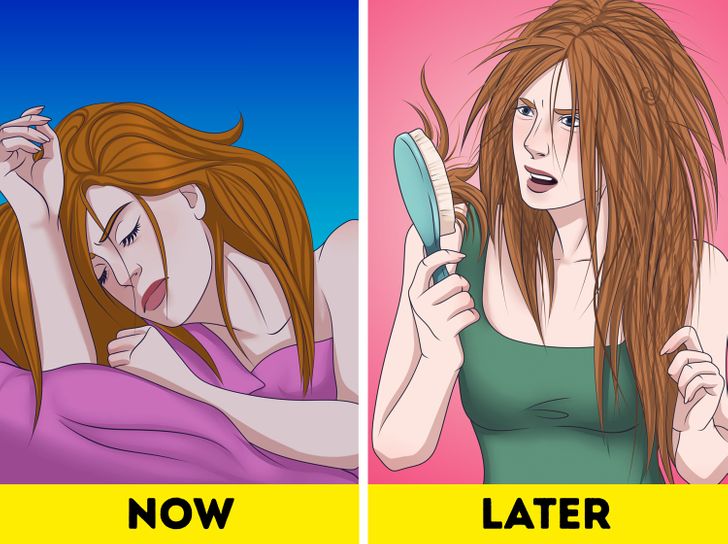
When you toss and turn in your sleep, your hair is likely to get knotty. This happens because of friction that occurs when your hair rubs against the pillowcase. Not only will it cause you to wake up with messy hair, but this repeated damage may eventually weaken your strands.
2. It might give you acne.
If you have sensitive, acne prone skin it’s a good idea to keep your hair from touching you face. Styling products and conditioners that accumulate on your hair may get on your skin at night and clog your pores. This, in turn, may lead to breakouts and trigger skin irritation. In fact, people with long hair may even get acne on their back, and keeping your hair off your face while sleeping may help prevent some skin conditions.
3. It can sabotage your hair growth.
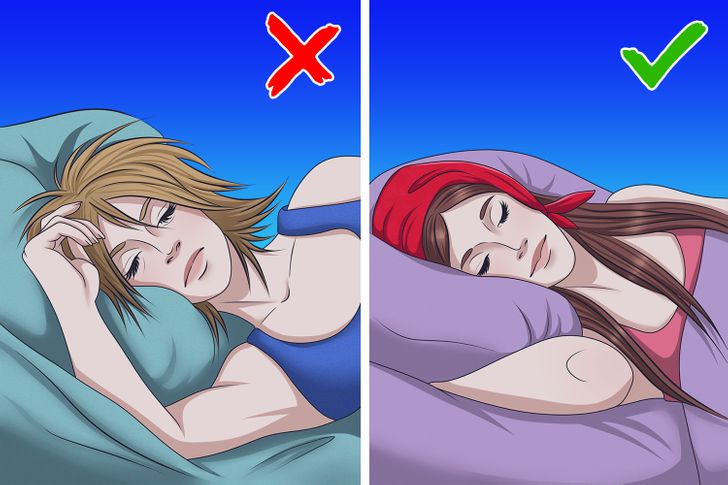
When your hair gets tangled, it means that its cuticle is raised and stays open. Damaged hair grows slowly, and if you’re dreaming of long hair and just can’t get your strands to grow past a certain point, make sure to protect it while you’re sleeping.
4. Your hair can turn frizzy.
You may be thinking you’ve tried every styling product possible to tame your frizzy hair, but something as simple as leaving your hair down while sleeping can cause your hair to lose its moisture content. Your pillow might be responsible for your frizzy hair, because the more friction it creates against your hair, the more moisture evaporates from it.
5. It may cause split ends.
Split ends aren’t just annoying, if you have lots of them throughout your hair it can make your hairstyle look unhealthy and unkempt. If you don’t tie up your hair before going to bed, all the tossing and turning at night might be doing damage to your hair, causing breakage and split ends. And unless you’re sleeping on a silk pillowcase, it won’t be easy to split up with your split ends.
6. It might affect the quality of your sleep.
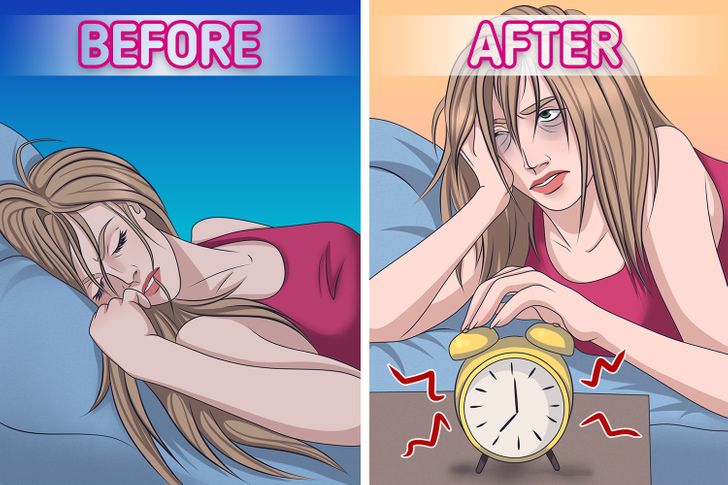
Going to sleep with your hair down may not only give you crazy bedhead in the morning, but it might keep you up at night. When you’re sleeping, your hair can rub on your face and disturb your sleep. The best way to take care of your hair before calling it a night is to gently brush it and pull it into a loose braid.
Bonus: How to protect your hair while sleeping
While sleeping with a tight ponytail may be harmful to your hair, there are several easy ways to take care of your hair while you’re sleeping.
- Wrap it in a headscarf. A silk or satin scarf will keep your ends healthy and won’t zap moisture from your hair.
- Wear a scrunchie. Twist your hair into a knot and use a scrunchie instead of an elastic.
- Opt for loose braids. Instead of damaging your hair with a curling iron, braid your hair before going to bed. This will keep your hair away from your face at night and give you natural waves in the morning.
Do you leave your hair loose when you’re sleeping? What do you do to protect your hair when you sleep?
Comments
im not sure it's healthy to tie them up into a ponytail though
I think it's fine if the ponytail is rather loose
Related Reads
12 Examples of When Someone Is Just Fooling You Instead of Apologizing
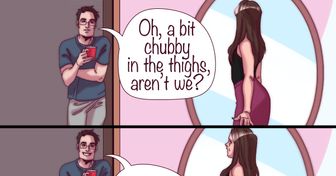
An Artist Portrays Everyday Life, and His Sense of Humor Is Quite Unique
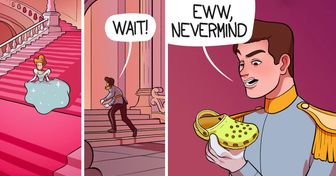
17 People That Can’t Even Boil Eggs Without Ruining Them
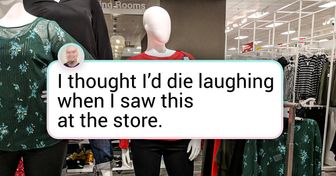
20 Examples of Product Packaging That Were Created by True Design Geniuses

I Compared Mass-Market and Luxury-Brand Clothes and Realized High Prices Don’t Always Guarantee Good Quality
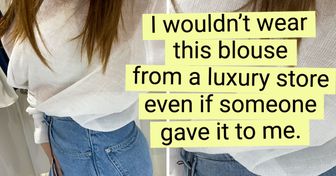
23 People Reveal The Most Intimate Secrets That They Have Never Told Anyone
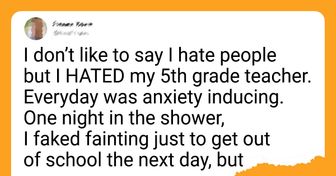
An Israeli Artist and His Wife Show Funny, Sweet Moments First-Time Parents Can Relate To
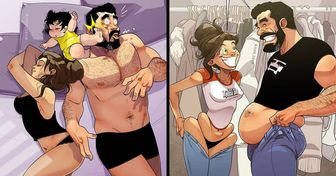
My Sister Refused to Split Grandpa’s Inheritance With Me—Then Fate Turned the Tables
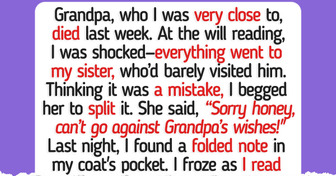
My DIL Excluded Me From the Family Trip—but I Refused to Stay Silent
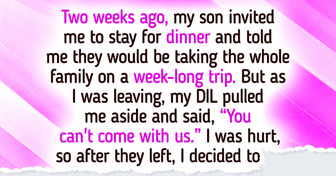
I Told My Son His Girlfriend Can’t Live With Us If She Doesn’t Contribute, It Backfired on Me
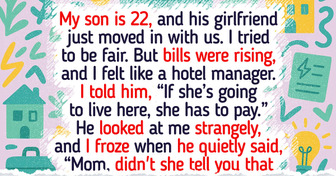
My Husband Thought I Was Asleep and Admitted Something That Broke Me
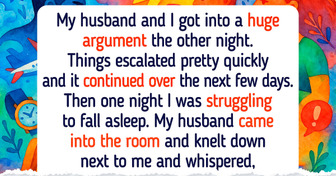
10 Stories That Remind Us to Love Our Family, Even When It’s Not Perfect
